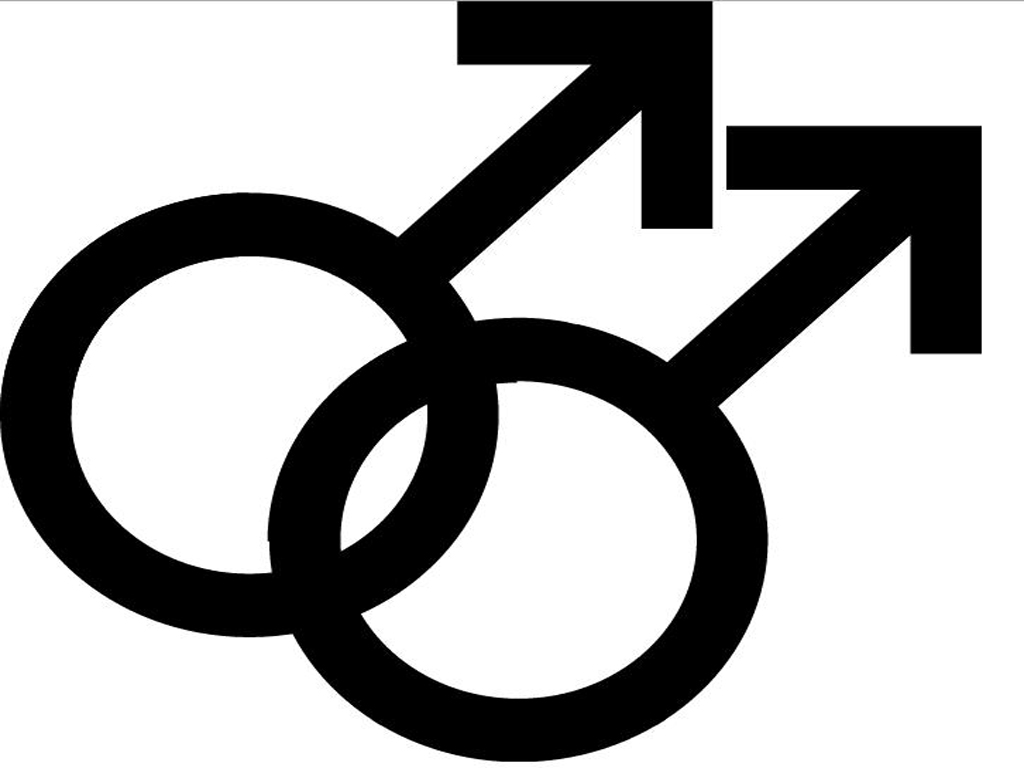
When lawmakers in the state of New Hampshire moved to legalize same-sex marriage in 2009, the decision was celebrated but hardly noteworthy. Such marriages were already being performed in Massachusetts and Vermont, two states that had previously passed similar legislation, and the public’s focus was on California where the state’s voter-approved same-sex marriage ban was being challenged in federal court on constitutional grounds. New Hampshire never got its dues for being one of the first states to stand up for same-sex rights.
But college student Dan Leveille did take notice. Leveille, then a 21-year-old studying web technology at New York’s Rochester Institute of Technology, admits he was never interested in current events until the issue of same-sex marriage began to take shape at home and in other states. With a newly sparked interest in LGBT causes, Leveille started reading up on LGBT issues in New Hampshire and elsewhere.
That’s when he discovered a problem. Following Massachusetts, Vermont and New Hampshire, many other states began taking up LGBT initiatives, and while the media covered most of them (perhaps not with the same tenacity as the issue in California), there wasn’t a central resource that brought all of those issues together. Meanwhile, attention started to shift onto countries in other parts of the world that, for better or worse, began taking up LGBT issues.
As new laws were being proposed and enacted, “I noticed I kept asking questions like, ‘How many states [or] countries does that make? Wait, is gay marriage legal in X?'” Leveille, now a marketing manager for an art website in California, wrote by email. “I was surprised that there wasn’t a good, visual, and easy-to-consume resource for LGBT rights in each country and region.”
So he decided to build one.
Four years later, Leveille has launched Equaldex, a visual encyclopedia that tracks global LGBT initiatives and issues through crowdsourced submissions. Equaldex mainly relies upon user contributions for its data, with submissions being vetted by the site’s community (Leveille is himself a contributor) — a similar practice used by sites like Wikipedia.
But Equaldex isn’t a Wikipedia clone. “Data on Wikipedia is just text, so there’s no way to correlate, compare or create visualizations and maps of the information,” Leveille said. “Equaldex [has] the power to display historical maps, timelines, visualizations, charts and statistics about LGBT rights.”
Topics one would expect to find covered include same-sex marriage, serving in the military and identifying as gay in general. There are also topics you may not expect to find, such as the legality of donating blood and age of consent laws. Leveille says while these issues may be publicly perceived to be minor compared to marriage and military service, they are important to Equaldex because they “show legal differences between LGBT people.”
“In some countries, people need to be older to have male-male or female-female sex,” Leveille explains. “A lot of these laws are in place because in the past — and in the present for some countries — same-sex sexual activity was seen by some as being immoral or dangerous, and that children should be ‘protected’ from it. Many activists see it as society’s disapproval of homosexuality.”
Such protection is a guiding principle behind Russia’s recently enacted anti-gay law that criminalizes distributing gay “propaganda” to minors. Gay rights activists have been arrested under the law, including at least four activists who were arrested during the opening ceremony of the Olympic Games in Sochi.
On Equaldex, homosexuality and the discrimination against homosexuals are listed as being “legal” in Russia. The site also lists a Pew Research opinion poll that found a majority of Russians oppose societal acceptance of homosexuality.
That kind of data is what Leveille envisions will shape Equaldex into becoming the definitive resource for people seeking information on LGBT issues.
“When people are wondering if gay marriage is legal in a certain country, I want their first thought to be ‘I’ll check Equaldex,'” Leveille said. “But laws are just the start. I want to expand Equaldex into more areas than just laws. In the future, my goal is to make Equaldex the go-to resource for everything related to LGBT rights.”
As with any web service, expanding the site will take people and money. There’s currently no plan to generate revenue; Leveille is focused mainly on building the site’s community.
“Other than small hosting costs, Equaldex isn’t really costing me anything,” Leveille said. “My plan is to just continue building Equaldex, see how it’s received, and then go from there.”






3 Comments
Leave a Reply